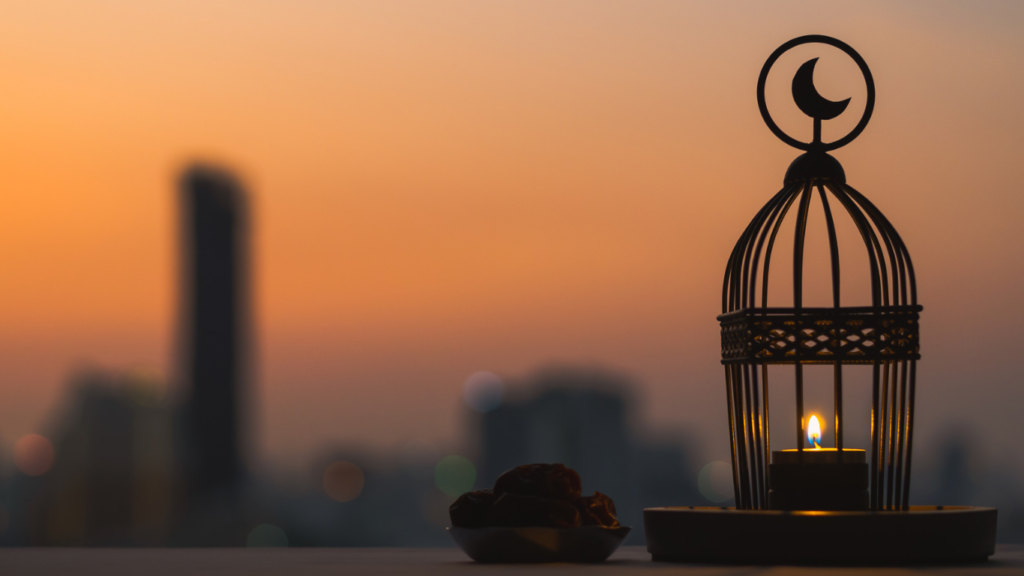How to care for your skin during Ramadan
Ramadan is a month of fasting and spiritual reflection for millions of Muslims around the world. During this holy month, Muslims abstain from food and water from sunrise to sunset. While this practice has many spiritual and health benefits, it can also have an impact on our skin health. Fasting can lead to dehydration, which can cause our skin to become dry, itchy, and dull. Additionally, changes in sleep patterns and dietary habits during Ramadan can also affect our skin’s health. However, with a few simple steps, you can keep your skin healthy and glowing during Ramadan. Hydrate, hydrate, hydrate! The most important thing you can do for your skin during Ramadan is to stay hydrated. Drinking water is crucial to keeping your skin healthy, as it helps to flush out toxins and keep your skin moisturized. It’s recommended to drink at least 8-10 glasses of water per day, especially during suhoor and iftar. Follow a consistent skincare routine It’s essential to stick to a consistent skincare routine during Ramadan to keep your skin healthy. Make sure you cleanse your skin twice a day with a gentle, hydrating cleanser. Follow up with a toner and moisturizer to keep your skin hydrated and prevent dryness. Avoid harsh skincare products During Ramadan, it’s best to avoid harsh skincare products that can irritate your skin. Stick to gentle, hydrating products that won’t strip your skin of its natural oils. Avoid products with alcohol or fragrance, as they can be drying and irritating to the skin. Protect your skin from the sun Sun protection is crucial, even during Ramadan when you’re not eating or drinking during the day. Use a broad-spectrum sunscreen with an SPF of at least 30 to protect your skin from the sun’s harmful rays. Wear a hat and sunglasses when you’re outside to provide extra protection. Get enough sleep Getting enough sleep is crucial for your overall health, and it also affects your skin’s health. Lack of sleep can cause dark circles, fine lines, and wrinkles. Make sure you get enough rest and try to maintain a consistent sleep schedule during Ramadan. Eat a balanced diet While you may be tempted to indulge in fried and fatty foods during iftar, it’s essential to eat a balanced diet to keep your skin healthy. Include plenty of fruits and vegetables in your diet, as they contain antioxidants that can help to protect your skin from damage. Avoid sugary and processed foods, as they can cause breakouts and dullness. Manage stress Stress can have a negative impact on your skin’s health, so it’s important to manage it during Ramadan. Take time for yourself to relax and unwind, whether it’s through meditation, yoga, or a relaxing bath. This can help to reduce stress and keep your skin looking healthy and radiant. In conclusion, caring for your skin during Ramadan requires a combination of hydration, consistent skincare, sun protection, rest, a balanced diet, and stress management. By following these simple steps, you can keep your skin healthy and glowing throughout the holy month. Remember to take care of yourself both inside and out, and enjoy this blessed time with family and friends.
How to care for your skin during Ramadan Read More »

